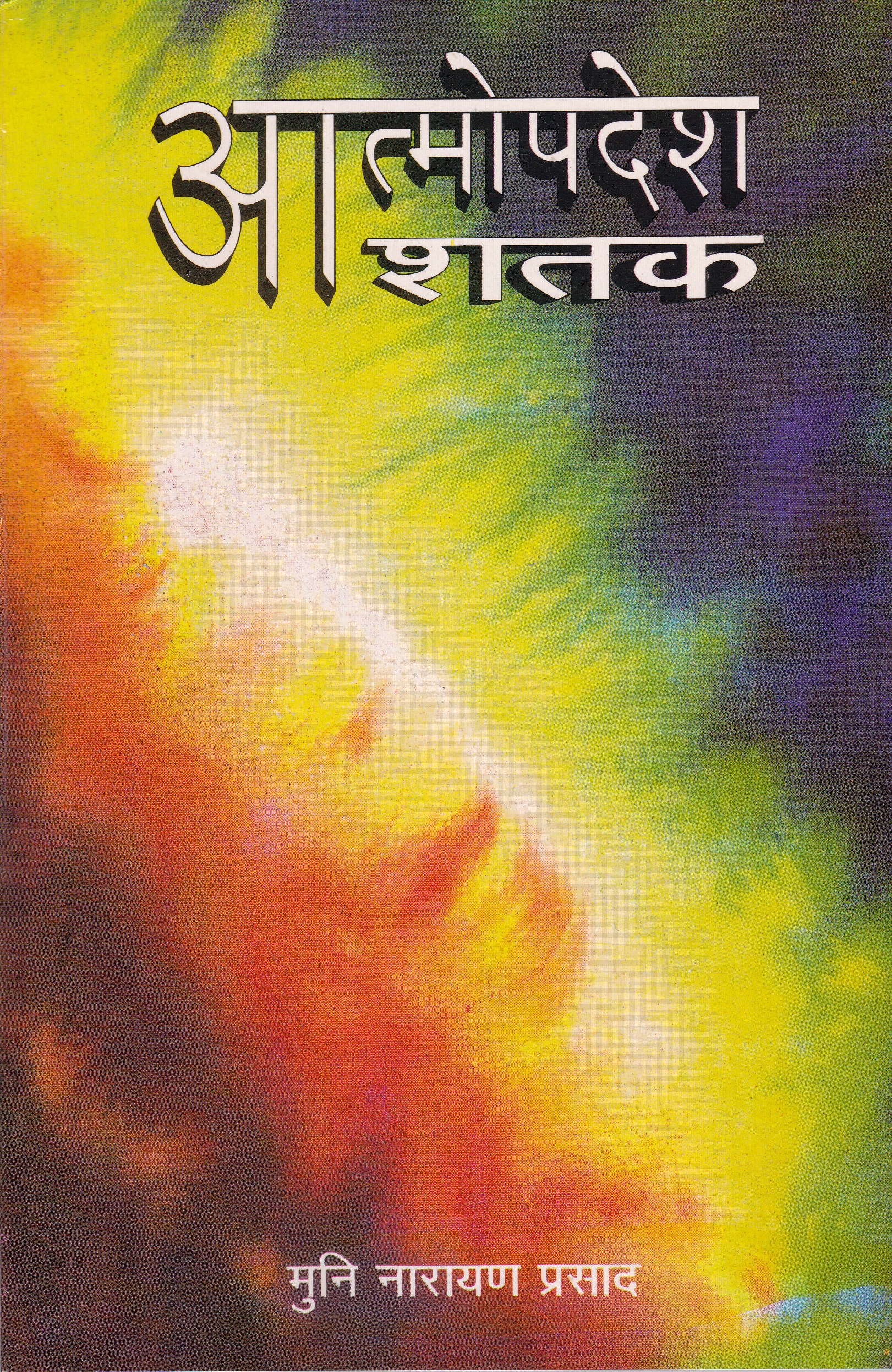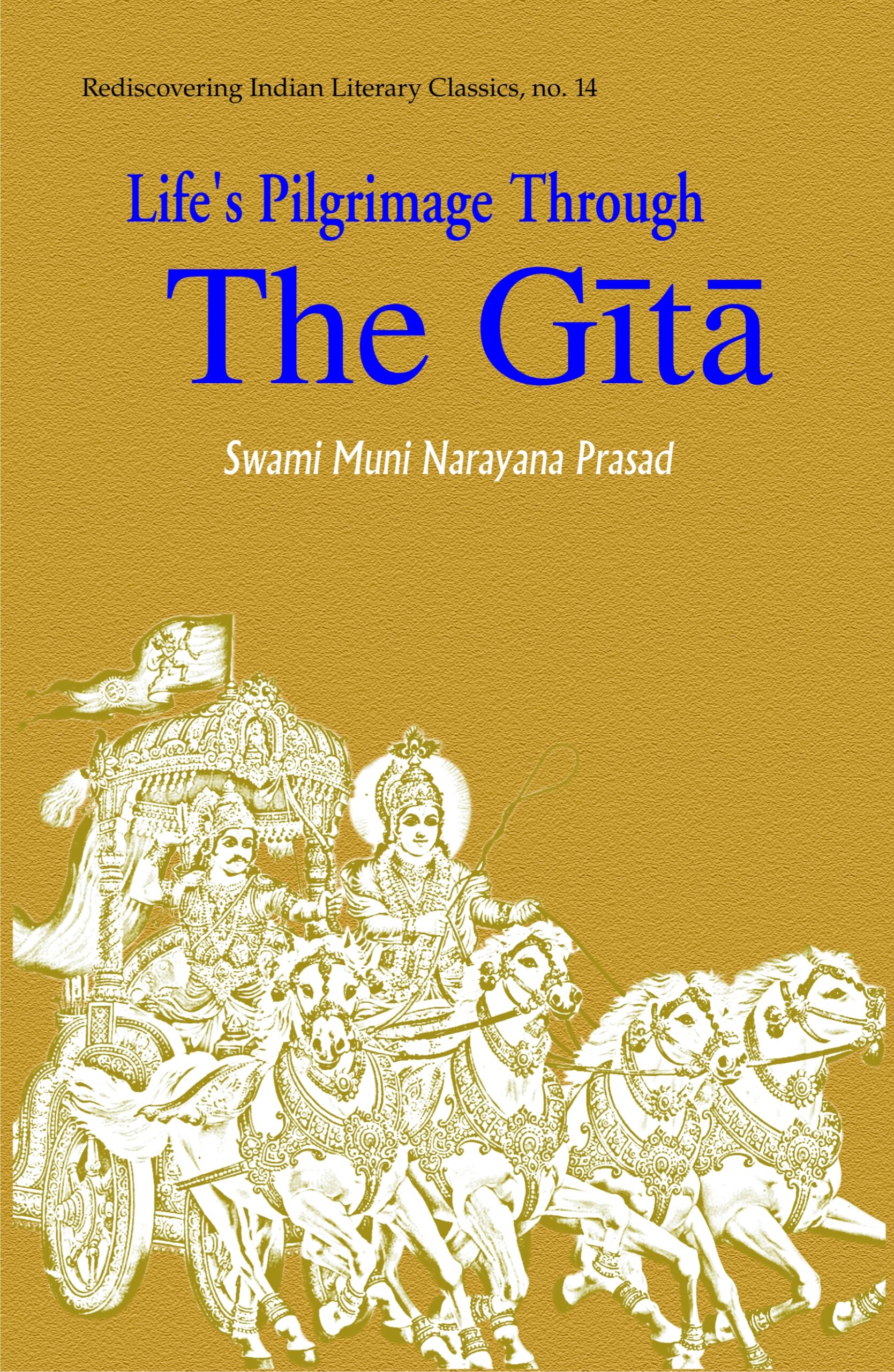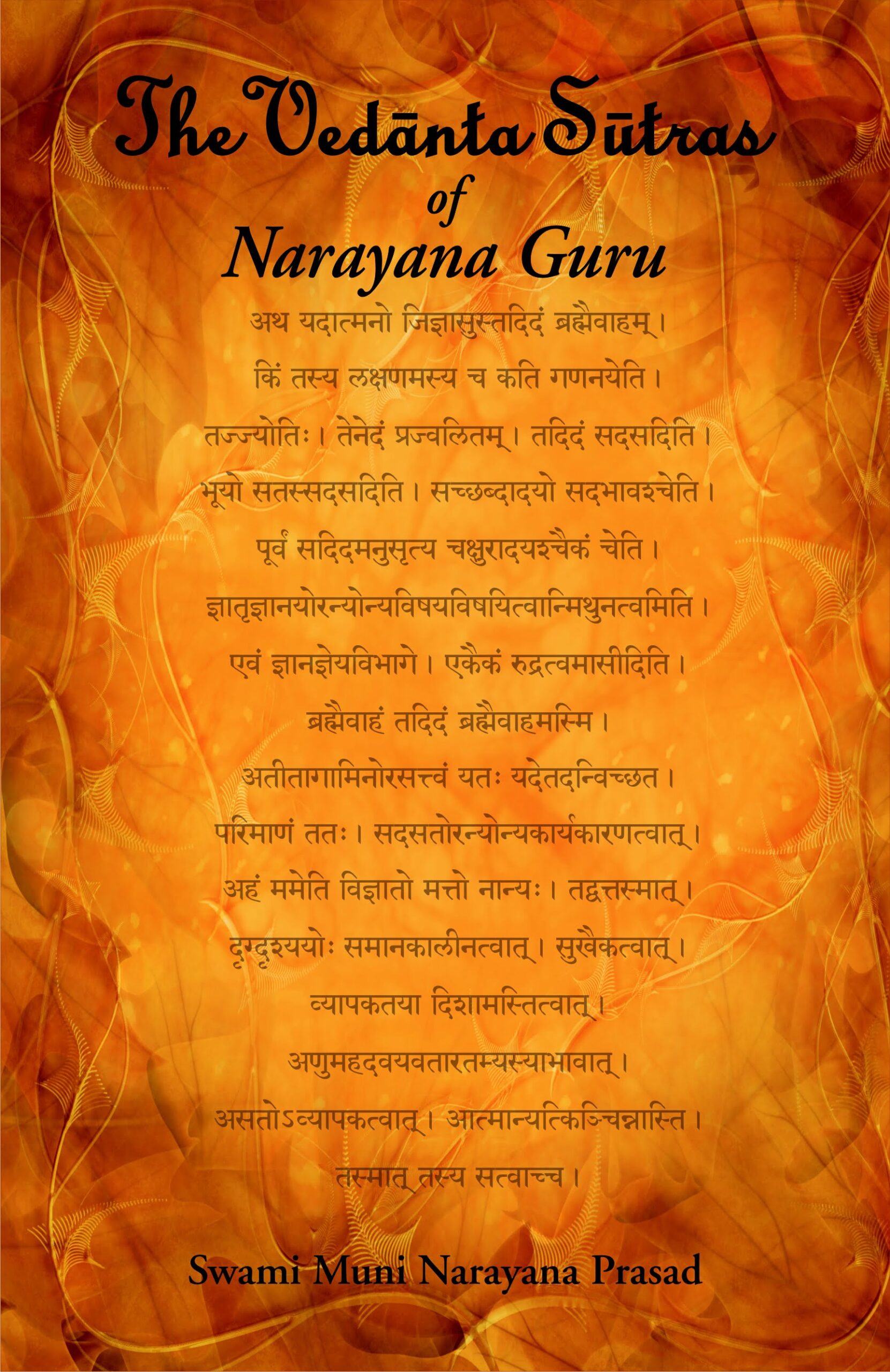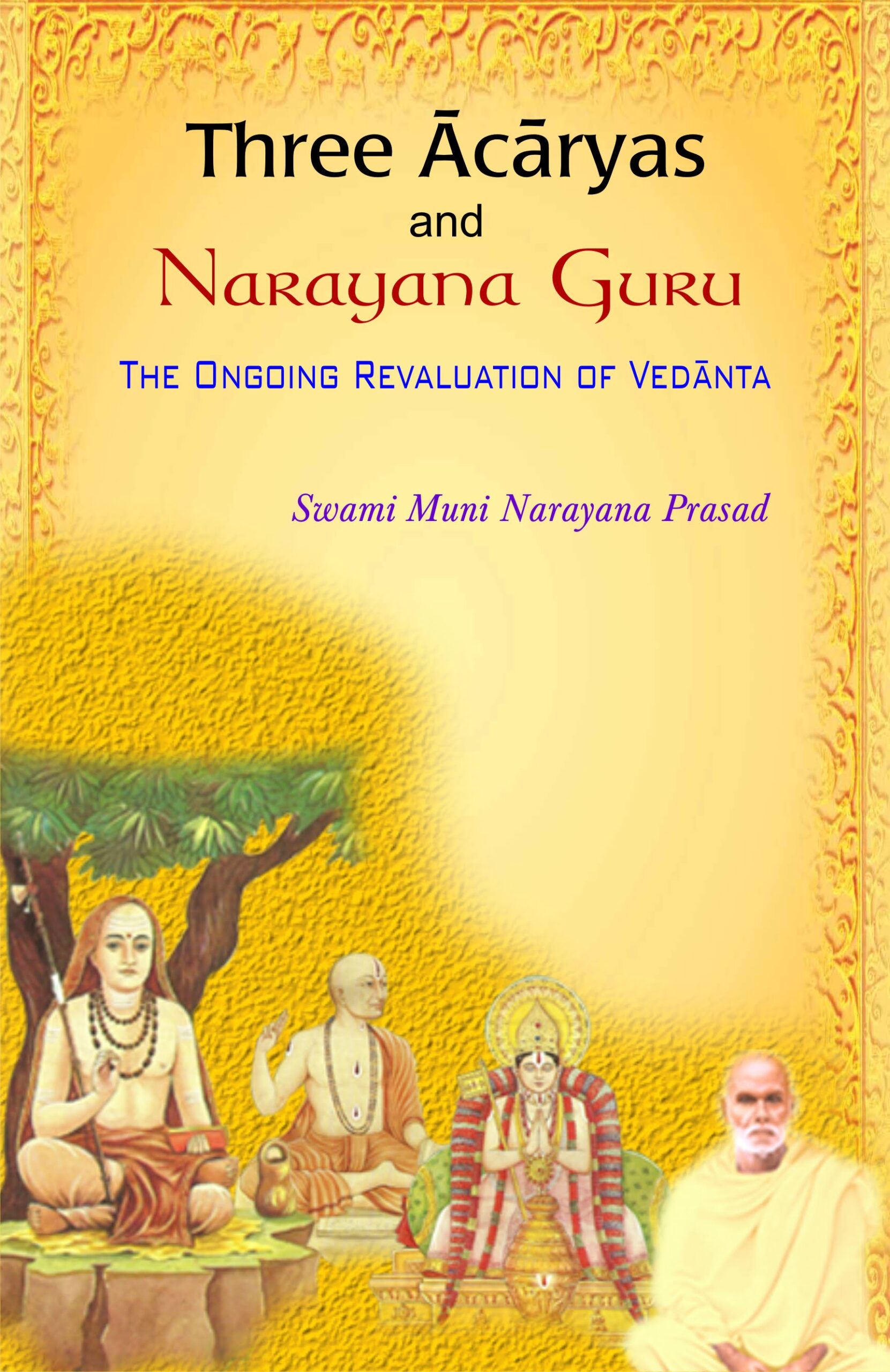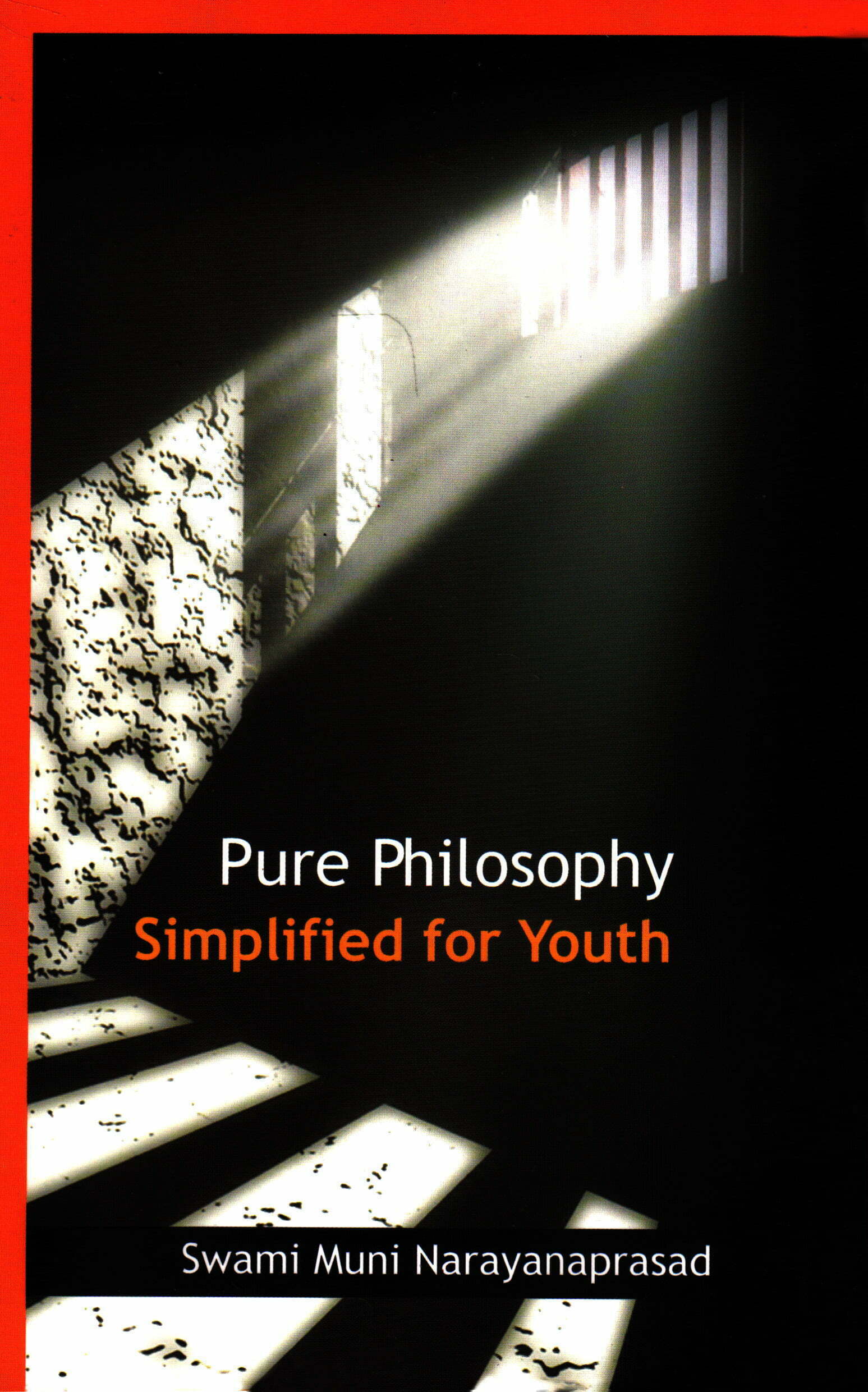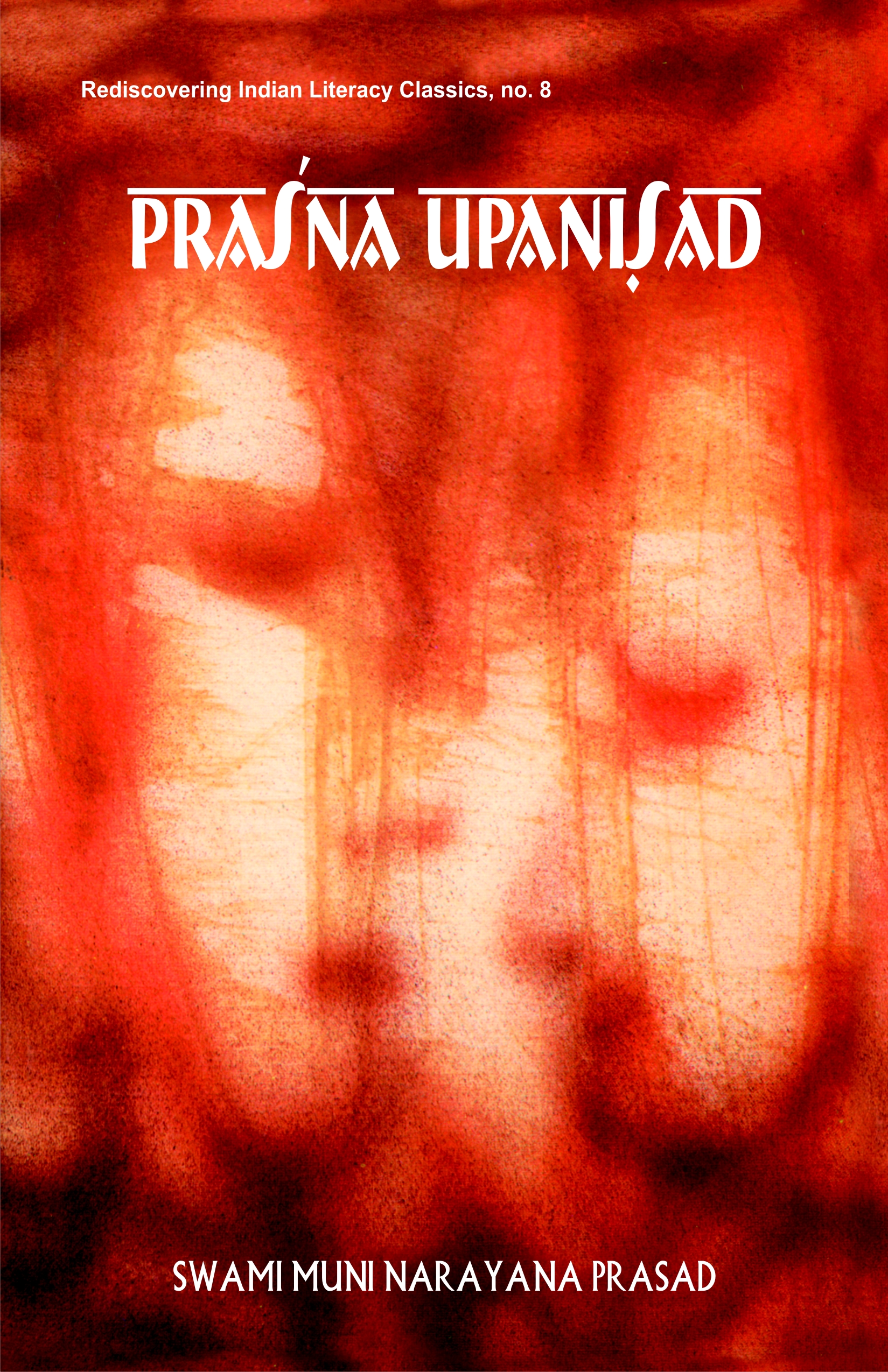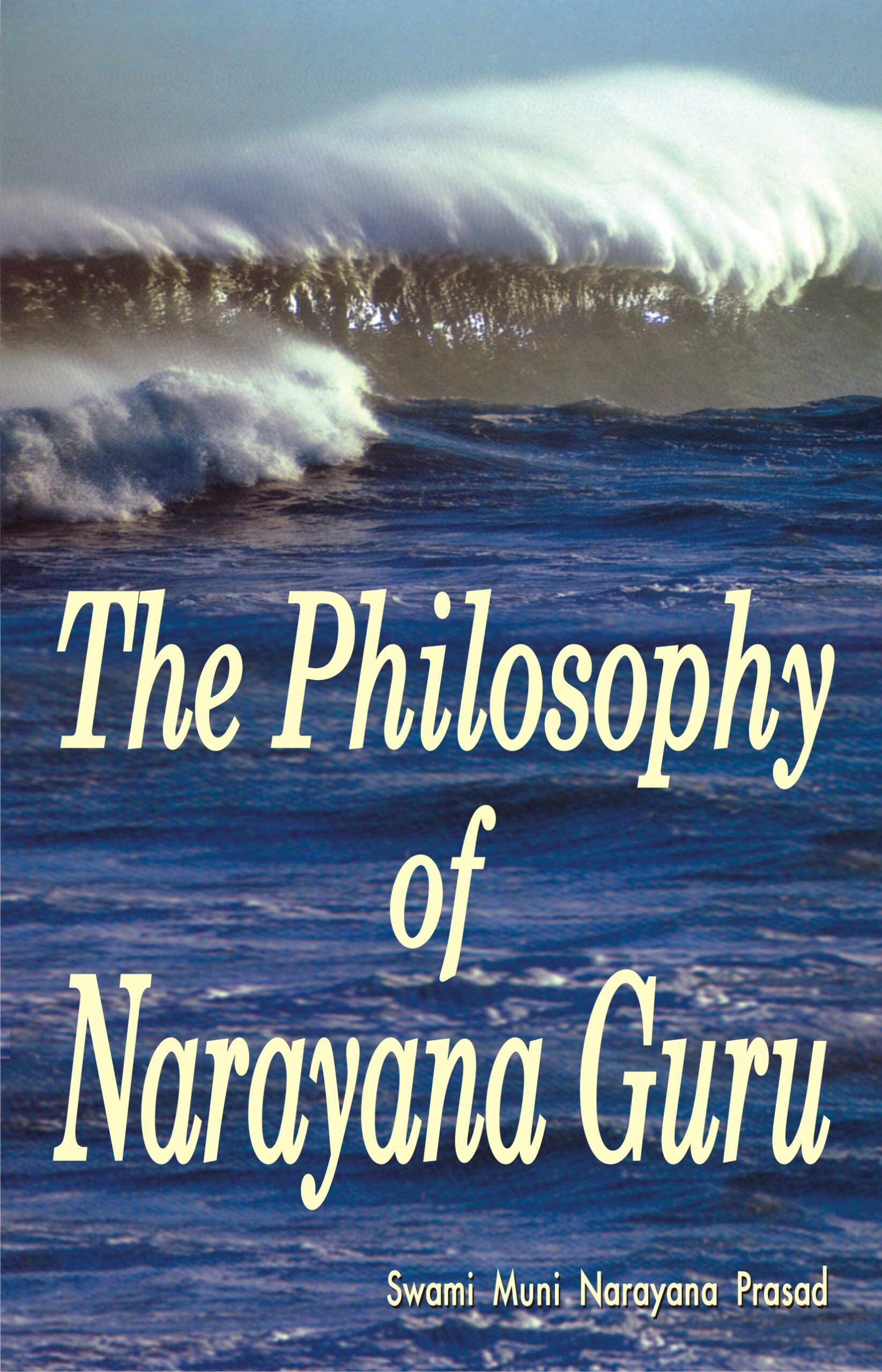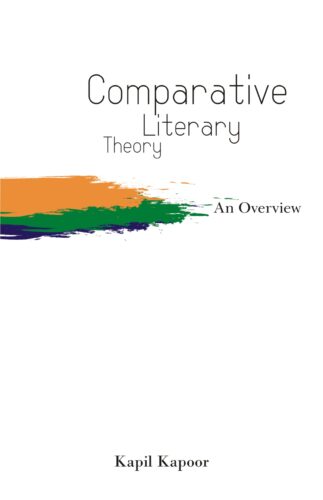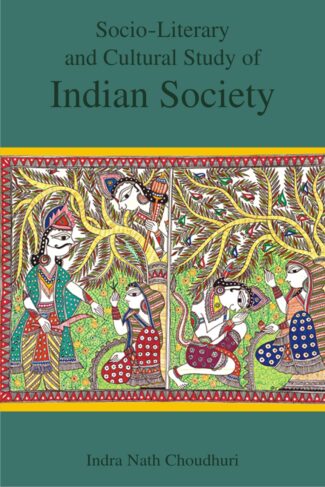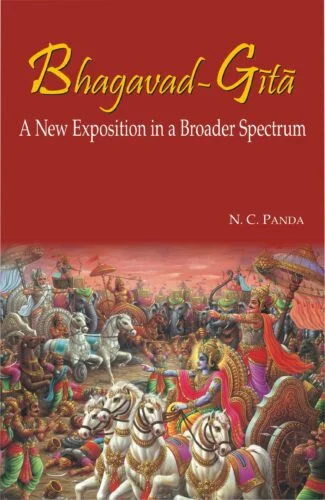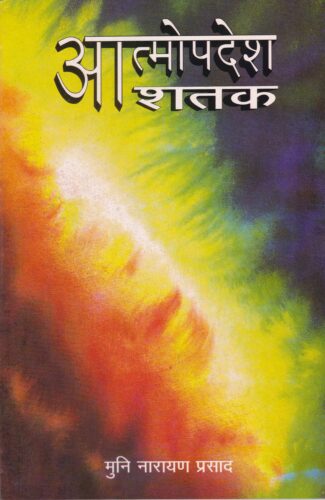
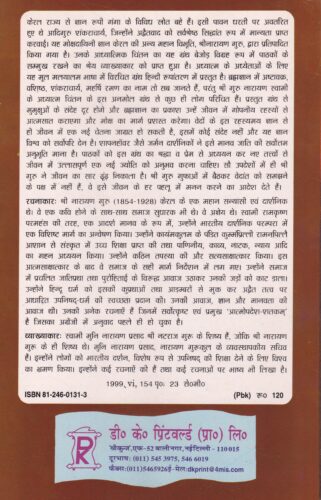
Atmopadesh Satak...
Atmopadesh Satak
One Hundred Verses of Self-Instruction by: Narayana Guru , Swami Muni Narayana PrasadAtmopadesa Sataka, mentioning one single principle, explains that mere virtue of gaining knowledge is not an end in itself. Its usefulness should be seen in the social, religious and veneration realms.
₹120.00 Original price was: ₹120.00.₹108.00Current price is: ₹108.00.
ISBN: 9788124601310
Year Of Publication: 1999
Edition: 1st
Pages : iv, 156
Language : Hindi
Binding : Paperback
Publisher: D.K. Printworld Pvt. Ltd.
Size: 22 cm.
Weight: 200
Atmopadesa Sataka, mentioning one single principle, explains that mere virtue of gaining knowledge is not an end in itself. Its usefulness should be seen in the social, religious and veneration realms.

- Sale!Comparative Literary Theory by: Kapil Kapoor
₹800.00Original price was: ₹800.00.₹720.00Current price is: ₹720.00.“Two cultures of the world — Greek and Indian — have nourished literature. While the contemporary Western thinking is rooted in Greek thought, especially of Socrates, Plato and Aristotle, and percolated down to the modern European languages with the advent of Christian thought, the multilingual Indian literary tradition has its base from the classical Tamil, Pali, Prakrt and Sanskrit.
Though cultural specificity marks these two traditions off from each other, the universal human condition that finds expression in all literatures binds them together. This book delves deep into the growth of poetics, theory of literature, literary artefacts, aesthetics of literature as an art form, and dramaturgy and philosophy of literature.
Cultures have given forms as their typical expressions — for India great epics, for Greece tragedies, and for England lyrics. Similarly, different ages of a culture find expression in different forms — Elizabethan age of England in lyrics, sixteenth-seventeenth centuries in drama, eighteenth century in prose, and nineteenth century in novel. India’s genius is in epics and its expression unfolds in sravya-preksa compositions, being singable poetry as its preferred form.
This book must serve pretty useful for students and teachers of literature. Also, an invaluable collection for researchers in literature.” - Sale!Socio-Literary and Cultural Study of Indian Society by: Indra Nath Choudhuri
₹1,500.00Original price was: ₹1,500.00.₹1,350.00Current price is: ₹1,350.00.The Socio-Literary and Cultural Study of Indian Society from Ancient to Modern is a search for India’s heritage: Hindu, Sufi and about Nationalism and India’s freedom from her colonial past. It is analytical but not learnedness. The author believes as Iqbal, the famous Urdu poet, said: “Transcend your reason because though it is a glow, it is not your destination; it can only be the path to the destination show.” People, both Indian and foreign, who want to understand Indian heritage from Ancient to Modern in a simple, agreeable style and friendly manner, is the author’s destination. In this volume, he has tried to demolish many myths like dharma is religion, Vedas are Śruti though the Almighty ordered six ṛṣis to write them down. A Hindu is just not emotional in mind, he also believes in analytic discussion (tarka). Upaniṣads are not just created by ṛṣis but also by a revolution unfolded by the students by barraging questions after questions.By explaining about the vitality of India and many other subjects, the book elucidates many things about the idea of India in an authentic manner. The readers will find here many varieties of theological explication, ultimately leading to the celebration of life while searching for the divine and realizing the self.
- Sale!Bhagavad-Gita by: N.C. Panda
₹795.00Original price was: ₹795.00.₹716.00Current price is: ₹716.00.This Exposition on the Bhagavad-Gita is an exception to the traditional translation of and commentary on the scripture. It covers all the eighteen chapters of the Gita in the form of essays, with English translation of almost all verses and commentaries thereupon. In addition, the essays do contain the reflections of the author who has analyzed the topics in the light of modern thought in a broader spectrum. The Sanskrit text in Devanagari script, with Roman transliteration, has been appended to the main text.
The Gita is not a religious book. It does not belong to any single faith. In the language of Aldous Huxley, it is the perennial philosophy of mankind. Keeping this context in view, the book has been addressed not only to the present citizens but also to the whole mankind which will inhabit the earth in the future.
This scripture had its birth in a battlefield. Symbolically speaking, everybodys life is a battleground. Arjuna represents all members of the human species. In a situation of agony and dejection, being utterly perplexed, he could not decide what to do and what not to do. The Gita provides practical solutions to the problems of life and leads the path to liberation. It humanizes and divinizes man. The present book gets success if it helps man ascend humanely and spiritually. - Sale!Bhagavad Gita by: Nataraja Guru
₹850.00Original price was: ₹850.00.₹765.00Current price is: ₹765.00.Nearing its fiftieth year of being continuously in print, Nataraja Gurus monumental analysis of one of the greatest philosophical classics of Planet Earth is now available in a new edition. Generations have benefited from its unique angle of vision, which introduces a universal framework that does not depend on faith to impart its message of infinite potential for every human being. The Gurus wry humor, fresh insights, and fearless challenges to prevailing orthodoxies, are clear marks of his style. His analysis is radical by any measure, yet it must be noted that much of the scientific and philosophic community has evolved over the same half century toward a similar global, broad-minded outlook to the one which the Guru brings to bear in these pages, and which not coincidentally is advocated by the Bhagavad Gita itself.
- Sale!Buddhist Theory of Meaning and Literary Analysis by: Rajnish Kumar Mishra
₹900.00Original price was: ₹900.00.₹810.00Current price is: ₹810.00.For over two millennia, language has been one of the prime concerns in nearly all philosophical systems of India: Grammar, Mimamsa, Nyaya, Vaisheshika, Jaina and Bauddha which, in turn, not only have shaped the Indian perception of vak, but also constitute the essential background to study the major concerns of language that have been taken up in the subsequent phases of philosophical-linguistic developments. Rajnish Mishras book offers a fresh, in-depth exposition of the Buddhist theory of meaning (apohavada) against this stupendous backdrop of Indian linguistic thought and also tries to show how this time-honoured theory is positioned vis-a-vis the current issues and assumptions in language. Surveying the evolution of apoha across the ages specially in its four kindred perspectives, viz, the Abhidharmika, the Sautrantika, the Yogacara and the Madhyamika schools of Buddhist philosophy, the author sets out, on its basis, a cognitive-epistemological model for literary analysis and illustrates as well the applicational aspects of this model with meticulous analysis of Wordsworths poetic masterpiece, Tintern Abbey. Based, as it is, on wide-ranging primary sources, including the Buddhist philosophical-epistemological texts in Sanskrit, the book sheds altogether new light on the Buddhist theory of meaning and, simultaneously, argues against the fallacies that have cropped up around its latter-day interpretations. A work of specific contemporary relevance to the ongoing post-structuralist debates, the book also carries a comprehensive, highly valuable cross-referential glossary of conceptual Sanskrit terms.


